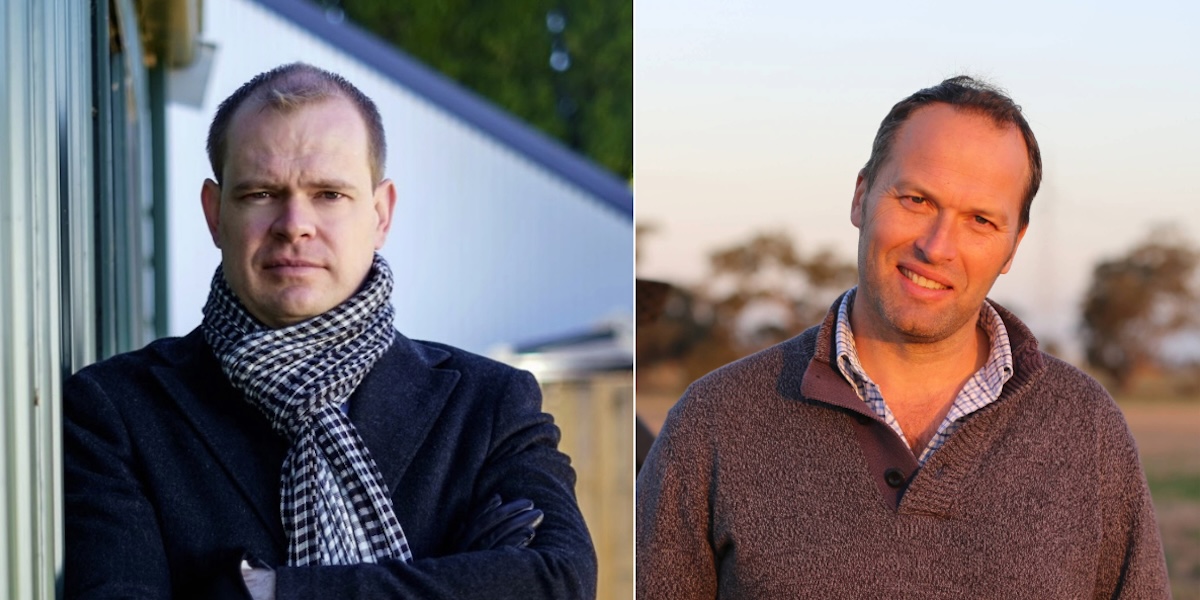New England’s farming community is likely to feel the brunt of proposed superannuation tax changes, according to the National Farmers’ Federation (NFF) and financial advisers with clients in the region.
Labor’s proposal to tax unrealised gains on superannuation accounts with a balance above $3m was originally announced two years ago. It has returned to the headlines after failing to get through the last parliament, with the larger majority Labor won at the last election making it easier for the reform to become law. In simple terms, the approximately 80,000 people with super accounts over $3m will be required to pay a higher rate of tax on those investments in super.
While the proposed reform does not affect many people, it is expected to affect a lot of farmers who have put their properties into self managed super funds (SMSFs), which is why NFF have launched a campaign against it.
“The taxation of unrealised gains would force many farmers, including in the New England, to sell land assets simply to pay their tax bill,” NFF president David Jochinke said.
Burchell Wilson, a financial adviser, agreed and told the New England Times that ‘the impact on individuals with farms held in self-managed super funds in particular is dire.’
Analysis of federal government data shows that agricultural production in the New England Region is worth at least $3.1 billion, with the change potentially putting this at risk.
Jeremy Gillman-Wells, a financial adviser with Invest Blue, which has offices in Armidale and Tamworth, said, the contentious method of deriving the taxable amount is based on unrealised capital gains – meaning being taxed on the “paper” gain in asset growth without actually selling the asset.
“If the fund is heavy with land and illiquid property or other assets, it could be difficult for the fund to find the money to pay additional tax, without then having to actually sell those assets.”
The main issue with the change is that it doesn’t take indexation into account.
“The other aspect (of the change) attracting attention is that more and more people will be caught under the $3 million net.” Gillman-Wells said.
With the change set to be high on Labor’s agenda when federal parliament resumes, Wilson said open questions about the legislation include what amendments are raised and whether the tax grab is retrospective.
“It’s important for people not to panic. Liability for the [super tax change] is based on the balance at the end of the 2025-26 financial year, so there should be plenty of time to act to mitigate its impact.”
“I’d caution against a knee-jerk withdraw of funds from super, because there may not be an opportunity to contribute that money back into super.”
“It really does depend on people’s circumstances, and highlights the importance of getting financial advice to navigate the changed taxation environment for super.”
According to recent Australian Taxation Office (ATO) data, NSW has the biggest proportion of self-managed super fund (SMSF) owners compared to other states and territories.
Figures for the 2022-23 financial year – the latest available – show that a third (32.8%) of all SMSFs are administered in NSW, more than in Victoria (30.8%) and Queensland (17.5%).
The re-elected Albanese government flagged this change during its first term – treasurer Jim Chalmers issued a press release on 28 February 2023 announcing this change, saying that legislation to give effect to the change would be introduced ‘as soon as practicable’ with ‘further consultation’ to be undertaken with the industry and stakeholders ‘to settle the implementation of the measure.’
“Labor’s attitude seems to be that farmers will never vote for them, so [they] can do whatever they like to them,” Wilson said.
Read all the way through to the end of the story? So did lots of other people. Advertise with New England Times to reach New England locals who are interested and engaged. Find out more here.

